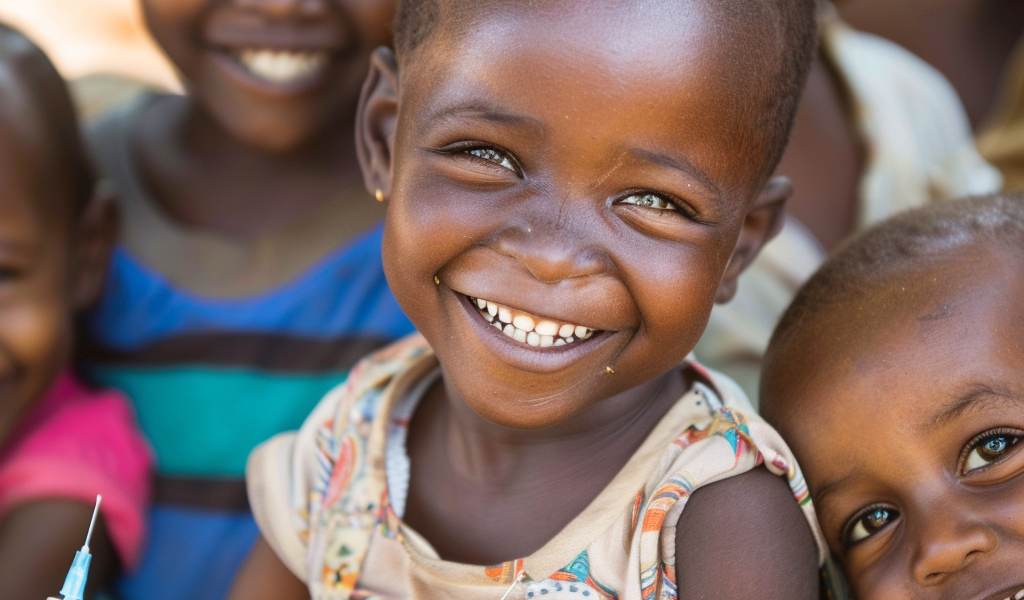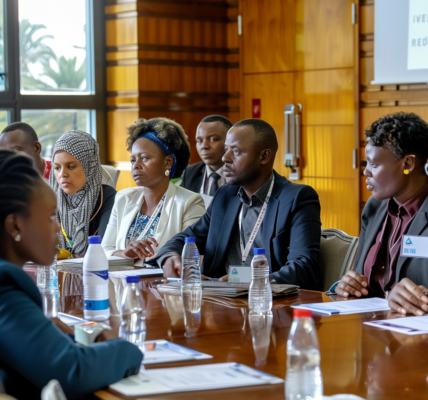A new malaria vaccine developed by Oxford University and Serum Institute of India has shown high efficacy in trials conducted in Africa. The phase 3 trial data of the R21/Matrix-M™ malaria vaccine revealed that over three-fourths of the 4,800 children in the 5–36 months age group were protected from the disease during the first year of follow-up across Burkina Faso, Kenya, Mali, and Tanzania. The vaccine demonstrated a 75% efficacy at seasonal sites and 68% at standard sites until the first clinical malaria episode was seen.
The vaccine, administered in three doses with a booster after 12 months, maintained good efficacy over the following six to 12 months, although it reduced modestly afterwards. Additionally, it reduced infection rates in children measured at 12 and 18 months after vaccination, indicating a potential beneficial effect in reducing malaria transmission. The vaccine, which uses an immune-boosting component called Matrix-M developed by Novavax, obtained WHO’s approval last year and has received regulatory approvals and licensure in several African countries.
This marks the second malaria vaccine to achieve WHO pre-qualification, with the other being RTS,S/AS01 (GlaxoSmithKline) recommended for use in children aged 5–17 months in moderate-to-high transmission settings. The R21, designed in 2011 as a potential improvement on RTS,S/AS01, has shown promising results and offers hope in the fight against malaria.
In other news, Russia and India have signed a new protocol for the Kudankulam plant, signaling advancements in their collaboration on nuclear reactors. These developments are significant in the context of global efforts to address energy needs and environmental concerns.





